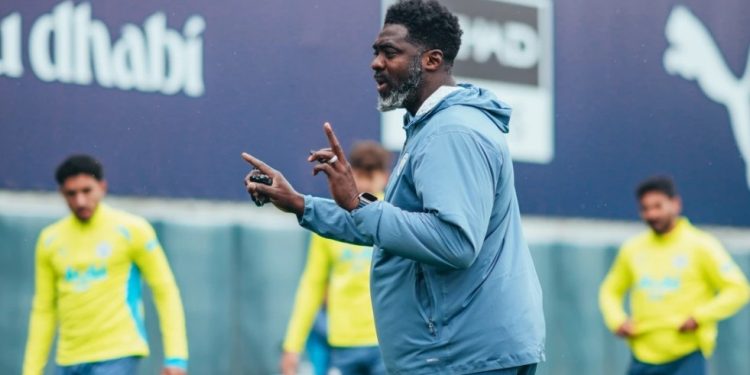Breaking Barriers: The Rise of African Coaches in Football
The landscape of football is undergoing a significant transformation as African coaches increasingly make their presence felt on the global stage. The recent appointment of Kolo Toure as the assistant coach at Manchester City exemplifies this noteworthy trend.
Toure, a 44-year-old Ivorian who enjoyed a successful playing career as a defender for the Ivory Coast national team, is a symbol of perseverance and dedication. His journey from player to coach, including valuable experiences under Brendan Rodgers at Celtic and Leicester City, has positioned him well for a role at one of the world’s elite football clubs.
His new position at Manchester City not only marks a personal achievement but also highlights the broader implications for African coaches in the sport. Toure’s success serves as a beacon of hope for aspiring coaches from the continent, demonstrating that they can compete at the highest levels of football.
Kolo Toure is not alone in this movement. Many former African football stars are transitioning into coaching roles across Europe, although their representation in top leagues remains limited. Notable figures include Michael Essien, now an assistant coach at FC Nordsjælland in Denmark, and Habib Beye, who is making waves as the head coach of Rennes in Ligue 1. Benni McCarthy, the South African striker, has also taken on coaching roles, including stints with Sint-Truidense in Belgium and as a coach for Manchester United’s strikers.
Despite these positive developments, challenges remain. The representation of African coaches in top European leagues is still relatively low, often attributed to limited opportunities and the competitive nature of the football landscape. However, the achievements of coaches like Toure and others are challenging the status quo and proving their capabilities.
The significance of Toure’s appointment at Manchester City cannot be overstated; it marks a pivotal moment in the journey of African coaches in football.








